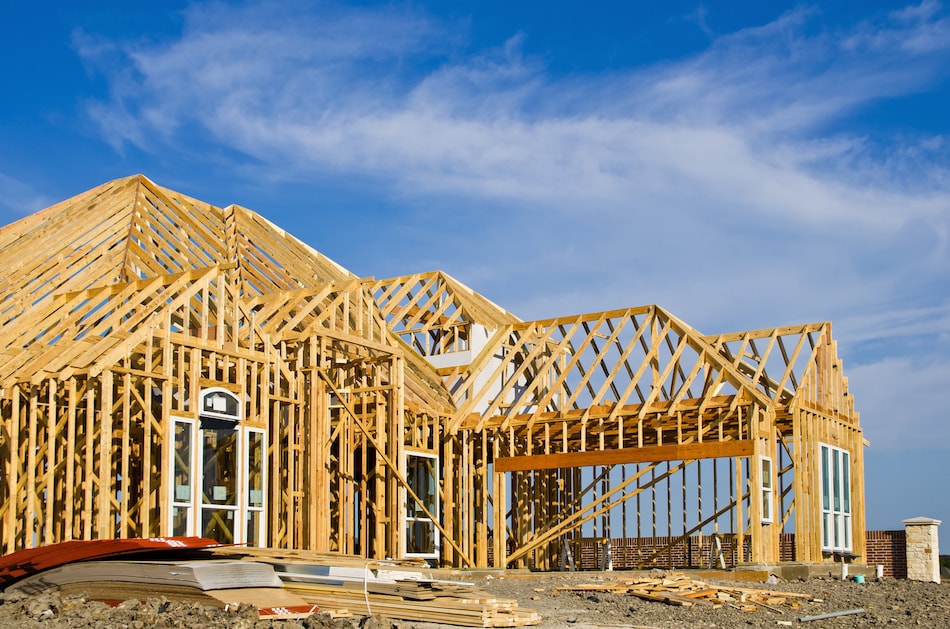With the demand for modern homes keeps to grow, builders and property owners are more and more incorporating advanced technology into their building plans. Home automation has become a significant trend in new construction, changing traditional living spaces into smart settings that enhance comfort, security, and resource efficiency. From smart lighting systems to high-tech security features, the possibilities for creating a completely connected home are nearly limitless.
In this piece, we will examine the newest trends in home automation for modern construction, offering information and advice for those looking in constructing a modern home. If you are contemplating the benefits of smart home features, looking for the best materials to use, or attempting to navigate the challenges of funding and cost estimation, we will cover a variety of topics to help you make knowledgeable decisions. Join us as we explore the thrilling future of home building and the key components that make contemporary homes truly smart.
Managing the Home Building Procedure
Constructing a new home can seem overwhelming at first, but dividing it up into manageable stages can make easier the process. Begin by grasping the first phases, which include defining your budget, selecting a site, and determining the type of home you desire. Researching and selecting the appropriate home builder is essential, as they will lead you along the entire journey. It's essential to inquire potential builders about their experience, past works, and recommendations to make sure you choose someone who aligns with your vision and expectations.
As soon as you have chosen a builder, you'll enter the planning phase. continue reading this involves choosing a floor plan, making decor choices, and choosing the smart house features you wish to add. Think about current developments for energy-efficient designs and materials that can help minimize utility costs. An open concept might be attractive for community interactions, while traditional layouts can offer more distinct spaces. Taking these decisions early on will set the stage for a more seamless construction procedure.

When construction begins, remain involved and up-to-date. Understanding the building timeline can assist you manage anticipations and avoid surprises. Communicate frequently with see here now to monitor progress and address any issues that arise during the various phases. Being proactive can prevent delays and ensure that your brand new house aligns with the concept you initially had. In the end, navigating the home construction procedure successfully means being thoroughly ready and remaining engaged from start to finish.
Key Considerations for New Construction
When a new home construction project, one of the crucial considerations is the determination of the appropriate location. The neighborhood and adjacent community can significantly impact your residential experience and long-term property value. It's essential to consider factors such as closeness to schools, shopping, and transportation, as well as the overall safety and amenities of the area. Researching zoning laws and planned developments can also provide insights into how the area may change over time.
An additional vital aspect is understanding the construction timeline and phases involved during the building process. Knowing how long it will take to build your home offers transparency and helps manage expectations. This timeline can vary considerably depending on factors like environmental conditions, availability of materials, and the effectiveness of your selected builder. Being aware of potential delays and having a straightforward communication line with your builder can ensure a smoother construction experience.
Budgeting is a crucial component of new home construction. It's essential to establish a practical budget that encompasses not just the initial costs of land and construction, but also hidden expenses such as permits, design, and landscaping. Understanding where to cut back versus where to splurge can greatly affect the quality and functionality of your fresh home. Working with a financial advisor or builder can help you explore financing options and ultimately make informed decisions during the building process.
Ultimate Steps Before Relocating
As you approach the finalization of your fresh home, conducting a thoroughgoing inspection is essential. This procedure will help you spot any problems that need addressing before you officially take possession. Concentrate on areas such as flooring, window frames, plumbing, and electrical systems. Make a checklist of items to review, and feel free to consult professionals if you're doubtful about certain aspects. This final inspection acts as your moment to ensure that everything meets your standards.
Once you've wrapped up the inspection, it's time to tackle any outstanding tasks, including securing the necessary permissions to live in the home. Ensure that all inspections have been passed, and check any final approvals required by your municipal authorities. Comprehending zoning laws and building codes will help you prevent any last-minute issues, ensuring a trouble-free transition into your recently acquired residence.
In conclusion, organize your relocation carefully. Consider the ideal time of year to set in, as weather conditions can significantly impact the experience. Enlist help from friends or expert movers, and be thoughtful about organizing and setting up your belongings. Additionally, create a arrangement for your home to optimize functionality and aesthetic appeal, helping you adjust to your recently established home effortlessly.
